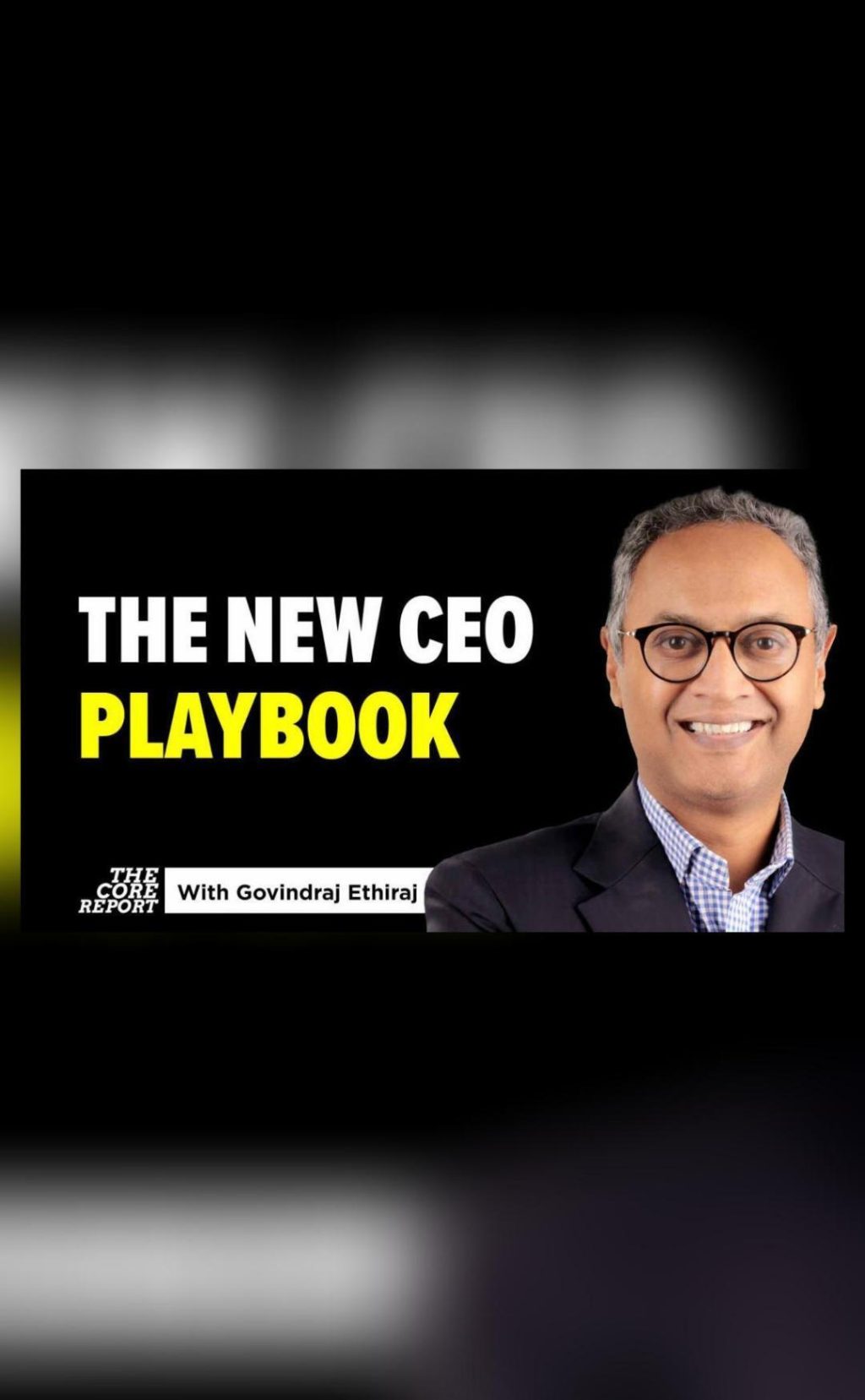
The New CEO Playbook: AI Pressures & Global Tariff Shocks
As the world continues to evolve at an unprecedented pace, CEOs are facing unprecedented challenges. The rise of Artificial Intelligence (AI) is reshaping industries, while global tariff shocks are disrupting trade patterns. With no guarantee of stability, business leaders must rethink their strategy and operations to stay ahead of the curve.
In this blog post, we’ll explore the new CEO playbook, examining the internal and external pressures CEOs are facing, and the strategies they can employ to adapt and thrive in this new landscape.
Internal Pressures: The Need to Automate and Innovate
One of the primary internal pressures CEOs are facing is the need to automate and innovate. With AI advancements, companies are being forced to rethink their business models, processes, and skills. This means investing in AI-powered technologies, such as machine learning and natural language processing, to stay competitive.
According to a recent survey by Deloitte, 80% of CEOs believe that AI will change their business models, while 60% believe it will create new business opportunities. However, only 22% of CEOs have a clear AI strategy in place.
To address this, CEOs must prioritize digital transformation, investing in AI-powered technologies, and upskilling their workforce. This will enable them to automate routine tasks, free up resources, and focus on higher-value activities.
External Pressures: Global Tariff Shocks and Shifting Trade Policies
The global economy is facing unprecedented uncertainty, with trade policies and tariffs being redefined almost daily. The US-China trade war, Brexit, and other regional trade agreements are all having a significant impact on global trade patterns.
For CEOs, this means navigating a complex and ever-changing landscape, where trade agreements can be suddenly revoked or new tariffs imposed. This requires a high degree of flexibility and adaptability, as companies must be able to pivot quickly to respond to changing market conditions.
According to a recent report by the World Trade Organization, global trade has declined by 3% in the past year, with trade tensions and protectionism being major contributors. This has led to a significant increase in trade uncertainty, making it challenging for CEOs to make long-term decisions.
Localizing and Adapting: The New CEO Playbook
So, how can CEOs respond to these internal and external pressures? The answer lies in localizing and adapting. Here are some key strategies CEOs can employ:
- Localized Supply Chains: Companies must rethink their global supply chains, focusing on localizing production and sourcing. This will help reduce the impact of tariffs and trade disruptions.
- Adaptive Business Models: CEOs must be willing to adapt their business models to respond to changing market conditions. This may involve diversifying product offerings, entering new markets, or partnering with other companies.
- Invest in Digital Infrastructure: Investing in digital infrastructure, such as cloud computing and data analytics, will enable companies to respond quickly to changing market conditions.
- Upskilling the Workforce: CEOs must prioritize upskilling their workforce, investing in training programs that focus on AI, data analytics, and digital skills.
Conclusion
The new CEO playbook is all about adapting to an ever-changing landscape. With AI pressures and global tariff shocks, CEOs must be prepared to rethink their strategy and operations, localizing and adapting to stay ahead of the curve.
By prioritizing digital transformation, investing in AI-powered technologies, and upskilling their workforce, CEOs can unlock new business opportunities and stay competitive in a rapidly changing world.
Watch the news report:
Source:






